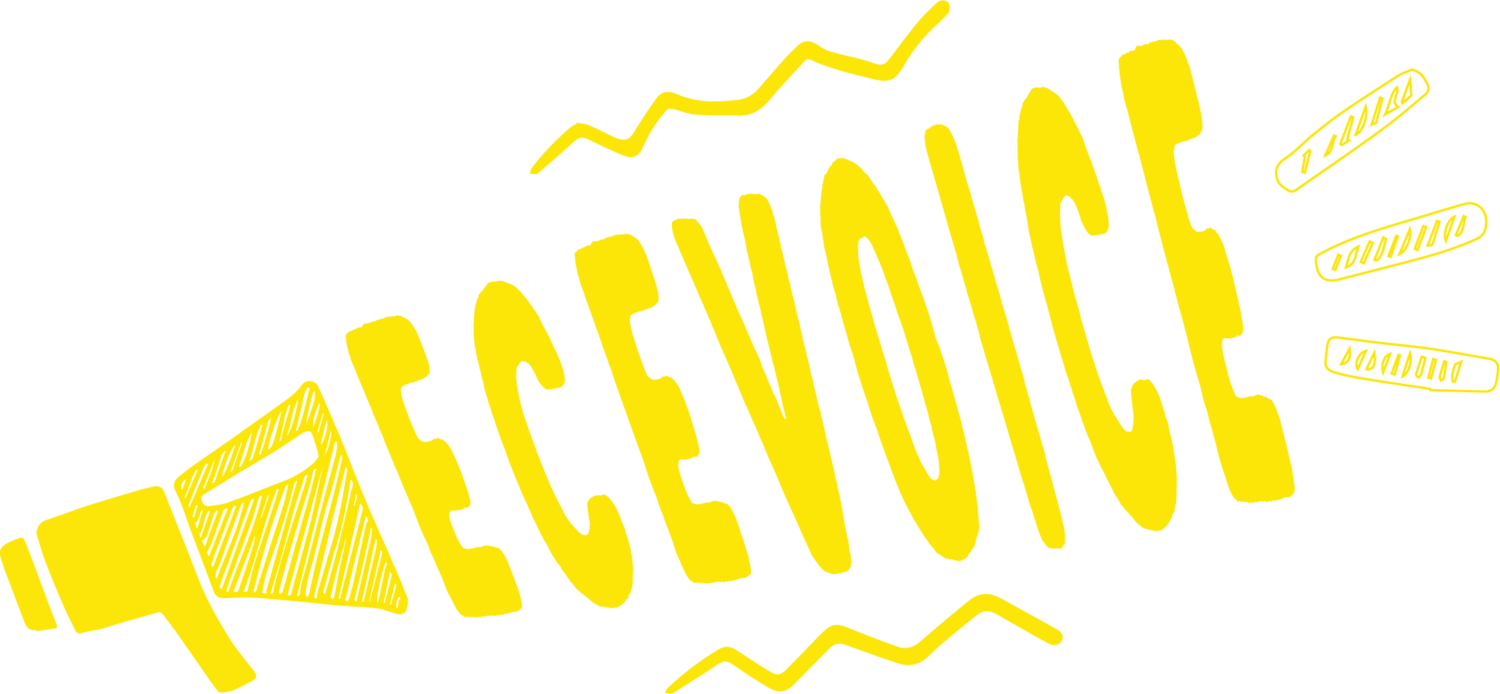Kōhanga reo & early childhood education hauora survey: 2021 results
Significant levels of burnout, stress, and sleeping troubles are among the concerns highlighted by early childhood teachers who responded to the first New Zealand Early Childhood Education and Kōhanga Reo Hauora Health and Wellbeing Survey.
The Deakin University survey, commissioned by NZEI Te Riu Roa, provides a snapshot of the health and wellbeing of the 228 respondents who took part in the survey in 2021.
Check out some of the key findings below or download and read the full report here:
Summary of key findings:
Burnout, stress and sleeping troubles - and the impact of ratios:
Respondents reported significant levels of burnout, stress, and sleeping troubles, as well as lower self-rated health when compared to a general healthy working population.
Respondents in early childhood centres staffed at the minimum required ratios are experiencing more burnout, more sleeping problems, and higher job demands, and are twice as likely to experience physical violence when compared to their counterparts at centres staffed above the minimum required levels.
SOURCES OF STRESS:
In terms of the sources of stress, excessive demands such as the quantity of work and lack of time to focus on teaching and learning were the biggest stressors for respondents.
Illbeing such as mental health issues was the second leading source of stress
Support deficits such as a lack of specialist support for dealing with children, inability to get relievers, and staff absences were a key source of stress.
Child and whānau related issues were also a key source of stress such as behavioural and learning needs issues.
HIGHER JOB DEMANDS COMPARED TO A HEALTHY WORKING POPULATION
Job demands are the physical, psychological, social and organisational aspects of a job that require continuous physical and/or psychological effort.
On average, respondents are working in very demanding environments, with large volumes of work, mentally taxing tasks and activities, and are regularly dealing with the emotions of others while managing their own emotions.
Respondents reported experiencing substantially higher levels of job demands compared to a general working population on all major demands measured, with the exception of work pace.
MUSCULOSKELETAL ISSUES:
A majority of respondents reported experiencing lower back issues, and many reported experiencing issues with their shoulders, knees, and neck.
OFFENSIVE BEHAVIOURS:
A third of respondents reported experiencing bullying during the last 12 months. 15% indicated they had experienced bullying from colleagues, 5% from parents, and 1% from tamariki.
One quarter of respondents reported experiencing physical violence from tamariki, and 2% from parents.
ADDITIONAL NEEDS:
The vast majority of respondents work at centres that are educating tamariki with additional needs including speech & langauge, behaviour, health, and physical needs.
Unfortunately, one of the highest stressors reported by respondents was a lack of specialist support to cater to the additional needs of tamariki.
What happens now?
The findings of this survey will be used by NZEI Te Riu Roa union members to push for improvements to working conditions, including in the upcoming collective agreement negotiations for the Kindergarten Teachers’ Collective Agreement (KTCA) and the Early Childhood Educators’ Collective Agreement (ECECA).
We encourage you to share the survey findings with your colleagues and have discussions with your colleagues about what you can do to help to create the changes you want to see at your centre and in the sector.
If you are an early childhood teacher and not yet a member, the best thing you can do is join your colleagues in your union now and use your collective voice to transform the sector.






